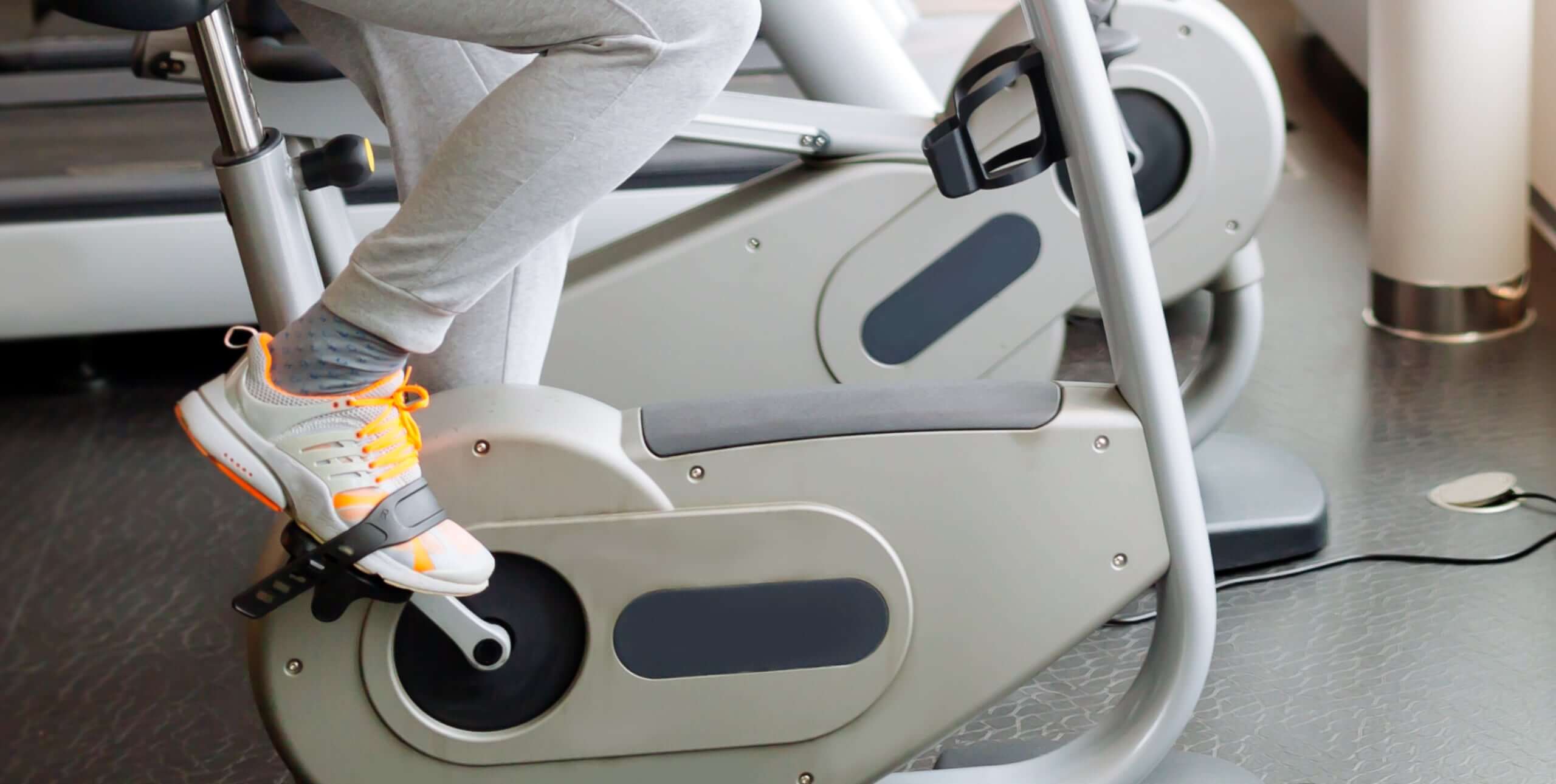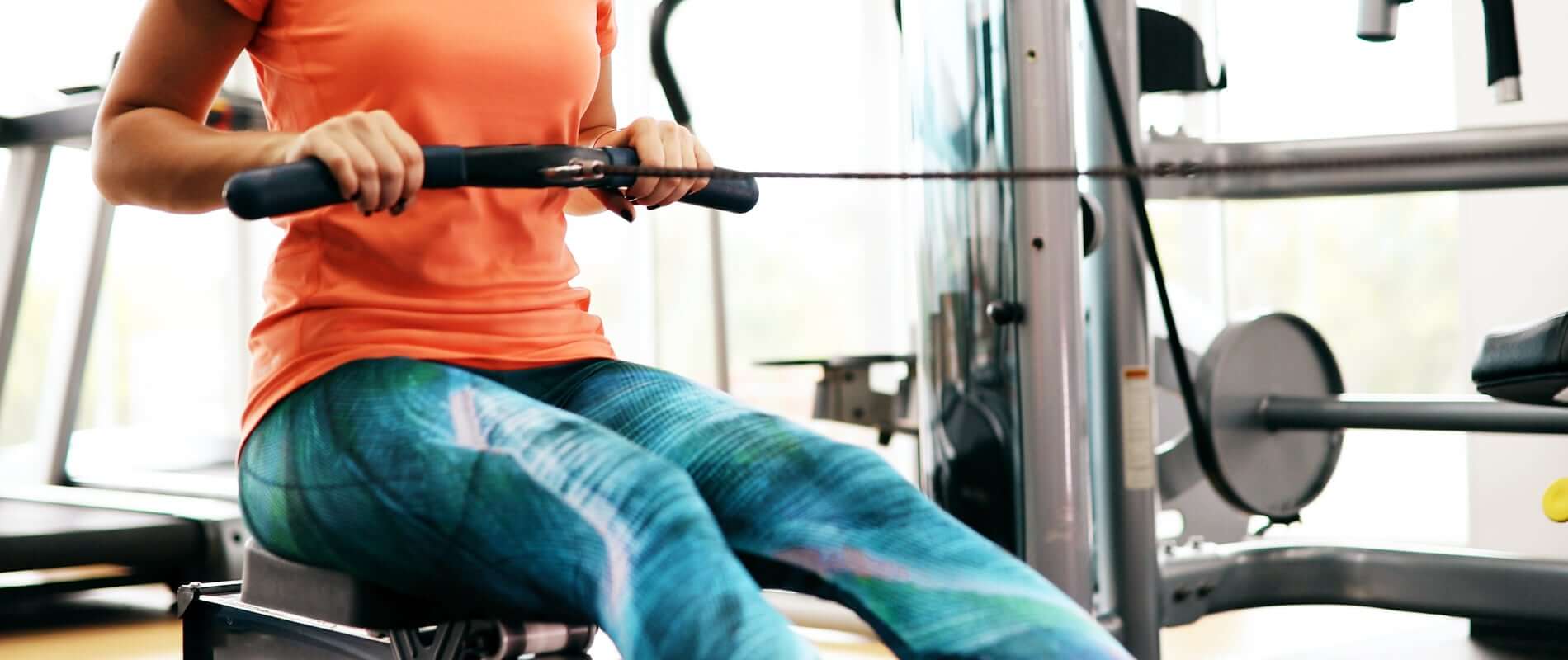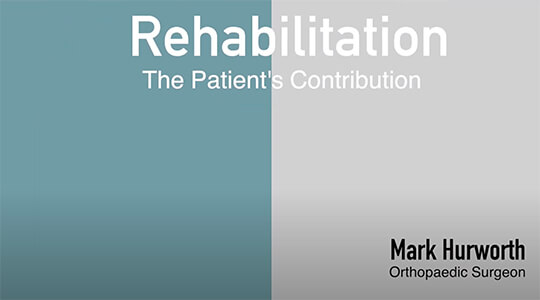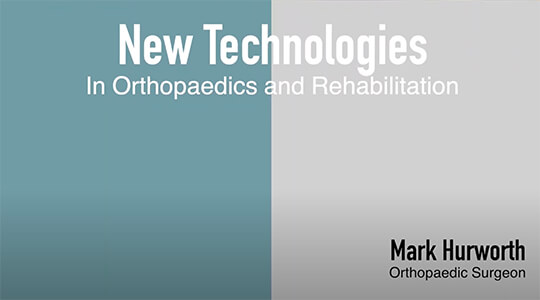Prepare for surgery
Why and how should I prepare for surgery?
I sometimes see people who are afraid to move because they think they will make things worse. This type of “pain avoidance” behaviour is a poor predictor of outcomes after surgery, as orthopaedic surgery relies heavily on patient effort, engagement and agency. Using opiates or other addictive medication in these situations almost inevitably makes things worse. Our research is focused on getting you in tiptop condition before you have surgery, and as quickly as you can afterwards.

My orthopaedic practice in a nutshell
Patient efforts vs orthopaedic surgery
Why do you keep talking about my effort as a patient - isn’t the surgery going to fix my problem?
In the musculoskeletal system, surgery is best seen as only part of the solution – your own efforts as a patient play a large role in avoiding surgery, preparing for and recovering after surgery.
Often we can manage our symptoms, especially if they are not caused by injury – for instance, knee arthritis, or atraumatic rotator cuff tearing in the shoulder.

Mr Mark Hurworth, Perth Orthopaedic surgeon
In other words: if you simply give up on moving because your hip or knee are hurting, you may not be helping yourself. In many situations, moving more and doing the right type of exercise can be the best way forward. Teach your body to let function control the pain.
I sometimes see patients who are relying on opiates or other addictive medication to numb the pain – the problem is that this interferes with your mind and body in all sorts of ways, making it almost impossible to work out what your pain is really like.

Mr Mark Hurworth, Orthopaedic surgeon Perth
“It’s not a good idea to undergo painful surgery if you are not resilient enough to deal with the simple issues such as doing some exercises and getting in the best possible shape beforehand.”
Understanding your body and the ageing process
We know that muscles shrink (waste) with age, and even quicker after injury (and surgery for that matter). However, the muscles in your body respond well to training throughout life, even in your 90’s. This is exciting, but also slightly daunting as it puts a fair amount of responsibility on you as a patient.
If you are not used to exercise, then you need to think carefully before writing off what I am saying. The truth is, if you are not a great exercise fan then the room for improvement is often enormous…
Prepare for surgery, optimise recovery
What can I do to optimise surgery results and recovery?
Your joints and muscles are made to be used. Lack of motion results in joint stiffness, which leads to muscle loss (also called atrophy or wasting) and weakness.
So you need both motion and strength to function optimally. That is where your agency/effort as a patient really matters.
Optimising your condition before you consider surgery will often have unexpected effects. Firstly, it will sometimes remove the problem, as by activating other muscles around the affected area symptoms can often change dramatically.
I have, in the past, sometimes upset patients slightly by saying “you are unfit and overweight, go away and let me know when you have solved those problems” before considering surgery such as knee replacement. Then I see those same patients 5 years later and I don’t recognise them because they are in shape. Perhaps at that stage the knee is starting to niggle again, and we have another chat – this is not uncommon. These are conversations that as a surgeon I find particularly satisfying – a hard truth, when taken on board, sometimes leads to remarkable results.

Mr Mark Hurworth, Orthopaedic surgeon Perth
“I think most of my patients thrive knowing that they have some responsibility in producing a good outcome with or without surgery”
Being in shape in anticipation of surgery also reduces your risks of complications, and it optimises your chances of an expeditious and more complete recovery because your muscles and joints are well prepared. Conversely, not being in shape is a bit like doing the long jump from a standing start. Remember – surgery always makes you worse before it makes you better: come prepared!
Story continues below video gallery
Videos about orthopaedic surgery
Best exercises to prepare for surgery
What are the best exercises to prepare for orthopaedic surgery?
Preparing for hip or knee surgery, for example, is not a one-size-fits-all program. We will look at your injury and condition, and then decide about the right type of exercises to prepare you in the best possible way.

Mr Mark Hurworth, Orthopaedic surgeon Perth
“We believe that our research in this area is pretty groundbreaking. It does put the ball in your end of the court as the patient, in the sense that we are really interested in encouraging you to do all you can to improve your chances of a good outcome without, before and after surgery. Most of my patients enjoy this and want to be maximally involved. Nobody is an elite athlete as they get older, but everyone can improve…”
Generally, we implement different types of exercises with emphasis on:
- Land-based exercise: certainly for lower-limb surgery, rather than pool-based exercises.
- Closed-chain exercises are my favourites: a static (or road) bike, an elliptical trainer or a rowing machine.
- Using both limbs: we use one to assist the other and we use one to measure against the other.

How not to prepare for surgery
What to avoid when I prepare for orthopaedic surgery?
I have pet hates which generally involve too much resistance or too much weight. Other less-than-ideal ways to prepare have to do with patients who do not understand the lever arms and pulley mechanisms in their upper and lower limbs.
As you prepare for surgery, pushing too hard before or after is generally not a good idea. We would be aiming for longer, less-resistance periods and more endurance. The types of movement we want to do would all be in the ‘safe zone’ for the joint or tendon we are dealing with.

Mr Mark Hurworth, Orthopaedic surgeon Perth
“You want to be aware of how not to overdo it, but it is more common to see patients underdoing it – a bit like cooking a good steak.”
Our research is starting to capture the data we need to define where the ‘happy medium’ sits. We then use the data to look at matched cohorts: matched for similar age, height, weight and gender. That gives us a guide to work with so we can talk about where you should be, personalising it even more depending on your condition.
How can I best prepare for surgery
It’s time to ask what you can do in regards to your surgery
It always seems strange to me that you would expect your problems to be fixed by surgery without asking what you can do to fix this yourself.
Equally, some surgeons are perhaps a bit quick on the trigger when it comes to booking surgery and need to take a step back.
We have been very good at spending money on all sorts of new technology in orthopaedics, without necessarily asking the right questions: how much can you improve without surgery, how much can you improve before surgery. These are two core questions that our research seeks to answer.

Mr Mark Hurworth, Orthopaedic surgeon Perth
“It just seems sensible to me, but also philosophically and ethically an imperative, that you would want to have maximum agency as a patient in the self-management of your condition.”
Surgery is at best only ever part of the solution for musculoskeletal conditions. As the surgeon, therefore, I want to operate on patients who have demonstrated motivation in this area – there is no better predictor of good outcomes than your motivation.


